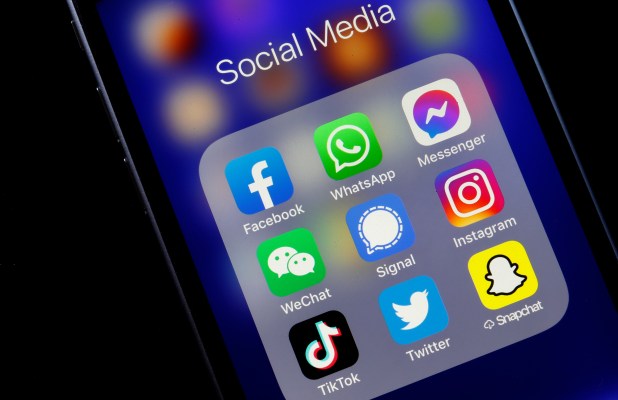In one of the largest studies ever on mental health and internet use, the Oxford Internet Institute has declared that there is no “smoking gun” linking the internet with psychological harm. Professors Andrew Przybylski and Matti Vuorre studied data from two million people aged 15 to 89 in 168 countries, finding that in the last two decades of increasing online connectivity, there have only been minor shifts in global mental health.
These findings seem surprising, rejecting the dangers we’ve long associated with overuse of social media. But the study itself admits its findings are lacking, since researchers don’t have access to data from platforms themselves. In one highly publicized report leaked by whistleblower Frances Haugen, Meta found that Instagram makes body image issues worse for one in three teen girls.
“Teens blame Instagram for increases in the rate of anxiety and depression,” stated an internal slide from the leaked study. “This reaction was unprompted and consistent across all groups.”
But even at the time that Haugen leaked the study about Instagram and teen girls’ body issues, Oxford’s Professor Przybylski doubted its legitimacy.
“A lot of this work wouldn’t pass muster as a bachelor’s thesis,” he told Business Insider, commenting on the methodology behind these leaked reports, which used focus groups, surveys and interviews with users.
It’s worth noting that Przybylski has engaged in “unpaid consultations” with Meta. But, in regard to his own study, he admits that “research on the topic is contested and hampered by methodological shortcomings, leaving the broader consequences of Internet adoption unknown.”
In Meta’s own research, the company can trace people’s responses to mental health surveys with their actual behavior on the platform, including how much time they spend on various Meta apps, and what kinds of content they’re engaging with. This hard data is rarely made available to academic researchers, who have campaigned for years for more transparency from platforms.
Oxford’s study acknowledges this flaw, even using its abstract to make a “call for increased collaborative efforts between independent scientists and the Internet-technology sector.”
In other words, researchers can’t fully understand the relationship between social media usage and mental health without cooperation from social platforms. But why would these platforms set themselves up to be implicated in possible scandals?
Ever since the 2018 Cambridge Analytica scandal, Meta has become more cagey with how it doles out access to research APIs. This month — coincidentally around the same time that this Oxford study was published — Meta opened a new academic research API in early access, which shares some real-time data on how people are using Facebook. But, at the start, this API only shares text-based data, so it’s impossible to conduct studies of multimedia posts, which make up a significant portion of the platform. Of course, this also means Instagram is off the table, for now.
This has become such a hot issue that President Joe Biden has addressed the mental impact of social media in his last two State of the Union addresses. Just last month, 33 states sued Meta, accusing the company of violating state and federal laws while trying to keep young users on their platforms for longer. Nine other attorneys general filed suit in their own states. In an unredacted version of the lawsuit, evidence shows that Meta has been tracking the activity of users under the age of 13 for years. Under the Children’s Online Privacy Protection Act (COPPA), it’s illegal to collect data from internet users under the age of 13. On the books, Facebook’s own rules prohibit users younger than 13 from signing up.
Though internet usage is increasing worldwide, social media isn’t inherently a bad thing — in some cases, connecting with likeminded people from around the world can be a mental health boon. This is especially true for queer teens, the Trevor Project found. Per the suicide prevention nonprofit’s research, 53% of young LGBTQ people of color reported feeling safe and understood on TikTok.
Of course, Congress has also raised concerns about TikTok, as some officials try to ban the app from the U.S. entirely. The primary concerns about the app — legitimate or not — stem from its ownership by Chinese company ByteDance. But the U.S. government has also questioned TikTok about its addictive nature and ineffective teen time limiting tools.
The Oxford study itself fails to arrive at a strong conclusion. In its final paragraph, it states, “Research on the effects of Internet technologies is stalled because the data most urgently needed are collected and held behind closed doors by technology companies and online platforms. […] Until these data can be transparently analyzed for the public good, the potential harmful effects of the Internet and other digital environments will remain unknown.”
So, can we really conclude that the internet doesn’t impact our mental health? Probably not.
